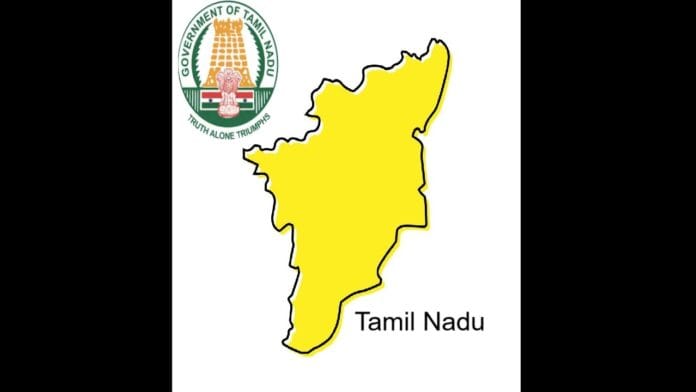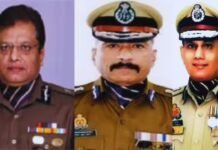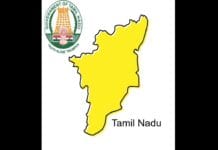After weeks of speculation over whether Tamil Nadu would appoint a new Director General of Police (DGP), grant an extension to incumbent Shankar Jiwal (IPS:1990:TN), or explore a legislative route to bypass the Union Public Service Commission process, the state government has now decided to follow the UPSC-led procedure for selecting the next full time Head of Police Force (HoPF). The Home Department has initiated the process of sending a list of eligible IPS officers of DGP rank to the UPSC for shortlisting. As part of this, the department has sought the willingness of officers to take up the top post.
Ideally, the list of eligible officers should have been sent to the UPSC three months prior to the vacancy—i.e., by May 31, since the incumbent DGP Shankar Jiwal is set to retire on August 31, 2025. The list is now expected to be dispatched this week.
The selection process will be in accordance with the revised guidelines issued by the Ministry of Home Affairs (MHA), which stipulate that only officers holding the DGP rank in the Level-16 pay matrix will be considered. Previously, any IPS officer with 30 years of service was eligible.
According to the current gradation list, the senior-most IPS officer from the Tamil Nadu cadre is Sanjay Arora (IPS:1988:TN), presently serving as Delhi Police Commissioner. However, he is not being considered and is set to retire on July 31, 2025.
Out of the officers eligible under the revised MHA norms, only 10 are currently in the DGP rank and Level-16 pay matrix. Among them, Pramod Kumar (IPS:1989:TN) and Shailesh Kumar Yadav (IPS:1993:TN) are scheduled to retire within six months—on September 30 and August 31, respectively—and are therefore not in contention.
This leaves the following eight officers in the race:
- Seema Agrawal (IPS:1990:TN)
- Rajeev Kumar (IPS:1992:TN)
- Sandeep Rai Rathore (IPS:1992:TN)
- Abhay Kumar Singh (IPS:1992:TN)
- K Vanniaperumal (IPS:1992:TN)
- Mahesh Kumar Aggarwal (IPS:1994:TN)
- G Venkataraman (IPS:1994:TN)
- Vinit Dev Wankhede (IPS:1994:TN)
One of the criteria set by the Ministry of Home Affairs in its revised guidelines is that an officer being considered for the top post must have cumulatively served at least 10 years in key domains. These include Law and Order; the Crime Branch–Criminal Investigation Department (CB-CID); the Crime Against Women Cell; the Economic Offences Wing (EOW); the Cyber Crimes Cell; the Government Railway Police; Anti-Corruption and Vigilance units; Intelligence or Special Branch; Counter/Anti-Terror Units; and Security assignments. Deputation experience in central agencies is also essential—this includes the Intelligence Bureau (IB), the Research and Analysis Wing (R&AW), the Central Bureau of Investigation (CBI), the National Investigation Agency (NIA), the Enforcement Directorate (ED), the Narcotics Control Bureau (NCB), the Special Protection Group (SPG), the National Security Guard (NSG), Central Armed Police Forces (CAPFs), and the Sardar Vallabhbhai Patel National Police Academy (SVPNPA).
The final panel of three officers will be prepared by the UPSC, following scrutiny of service records and interviews, and the state will be required to select the new DGP from this list.
Also Read: Uncertainty grows over next Tamil Nadu DGP appointment



















